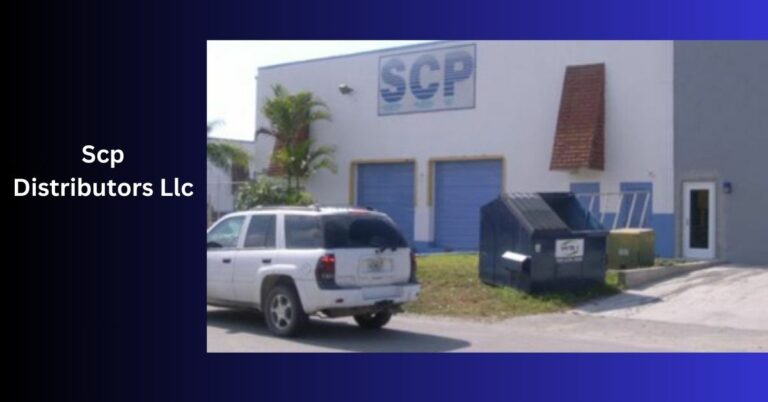The Environmental Impact of Using Lithium Solar Batteries
Did you know that the global solar battery market is projected to reach $360.4 million by 2027? This is due to the increasing demand for renewable energy and the need for battery storage solutions.
One of the most used types of solar batteries is lithium-ion batteries. These batteries are popular due to their high energy density and longer lifespan. However, there are concerns about the environmental impact of using these batteries.
In this article, we will learn about the benefits and drawbacks of these batteries and their impact on the environment. Read on to find out more.
The Benefits
Lithium solar batteries have several advantages over traditional lead-acid batteries. Some of these benefits include:
High Energy Density
Compared to lead-acid batteries, lithium-ion batteries have a higher energy density. They are therefore able to store more energy in a more compact and lightweight form. For solar power systems, this makes them ideal. They take up less space and are lightweight.
Longer Lifespan
These batteries can last up to 10 years or more. This means less frequent replacement and reduced waste. They also need less maintenance compared to lead-acid batteries.
Lower Self-Discharge Rate
The batteries have a lower self-discharge rate. They can hold their charge for longer periods. This is beneficial for solar power systems. It ensures consistent energy storage and usage.
Efficient Charging and Discharging
These batteries can store and release energy more efficiently. This means that they can be charged and discharged many times. It can do this without a significant decrease in performance.
They also have a higher charge acceptance rate. They can absorb energy from solar panels at a faster rate.
Scalability
These batteries offer excellent scalability for solar power systems. This means you can adjust the size of your battery bank. This allows for a more customizable and flexible energy storage solution.
High Efficiency
Lithium-ion batteries have a high round-trip efficiency, often exceeding 90%. This means that most of the energy stored in the battery can be retrieved and used. This reduces energy losses and enhances the efficiency of the solar power system.
Lightweight
Compared to other types of batteries, lithium-ion batteries are much lighter in weight. This characteristic makes them easier to install.
It also reduces the structural load on buildings and supports. This makes them ideal for various applications.
Temperature Tolerance
These batteries perform well across a wide range of temperatures. They are more resilient to temperature variations compared to lead-acid batteries. This makes them suitable for diverse environmental conditions.
It also reduces the need for extra cooling or heating systems. This makes them a more energy-efficient option. It also ensures reliable performance regardless of the climate
Safety Features
The energy density of lithium-ion batteries is higher than that of lead-acid batteries. As a result, they can store more energy in a lighter and smaller form.
They are perfect for solar power systems because of this. They are easy to carry and require less room.
If you live in Washington and planning to use these batteries for your solar energy system, make sure to use the solar solutions for Tacoma homes. They can help you choose the right batteries and install them effectively.
The Drawbacks
While lithium batteries offer many benefits, there are also some drawbacks to consider. Here are some of the main concerns:
High Cost
One of the main drawbacks of lithium-ion batteries is their high cost. They are more expensive than lead-acid batteries. This makes them less accessible for those on a budget.
They also need rare and valuable raw materials. This can drive up the cost of production.
Environmental Impact in Manufacturing
The production of lithium-ion batteries has a significant environmental impact. The mining and extraction of raw materials can lead to deforestation. This also includes water pollution and carbon emissions.
This is especially concerning in countries with lax environmental regulations. It can also contribute to the depletion of non-renewable resources.
Disposal and Recycling Challenges
Proper disposal and recycling are essential to reduce environmental impact. However, lithium-ion batteries can be challenging to recycle. This is due to their complex chemical composition.
Limited Resource Availability
The raw materials required for lithium-ion batteries are finite. This limited availability can create supply chain vulnerabilities. It can increase dependence on mining industries known for their environmental degradation.
Furthermore, geopolitical tensions in these mineral-rich regions can impact the stability of supply. This can also drive up the cost of batteries.
Energy-Intensive Production Process
Manufacturing lithium-ion batteries is an energy-intensive process. The processing and assembly of the raw materials consume significant amounts of energy. This can contribute to carbon emissions and further exacerbate the environmental impact.
Potential Health Risks
The production and disposal of lithium-ion batteries can pose health risks to workers. Exposure to toxic chemicals can lead to serious health problems. Safety measures and regulations are essential to protect those involved in the battery lifecycle.
Regulatory and Compliance Challenges
With the increasing demand for solar batteries, there is a need for proper regulations and compliance measures. This is to ensure safe and ethical production practices.
Without these regulations, mitigating the environmental impact of these batteries can be challenging. It can also lead to potential human rights violations in the supply chain.
Transportation Regulations
Transporting lithium-ion batteries is subject to stringent regulations. This is due to their chemical composition and associated risks.
This can complicate logistics. It can also increase the cost and complexity of deployment. This is especially true over long distances or international borders.
Supply Chain Ethics
The sourcing of raw materials like cobalt and lithium often involves ethical concerns. Mining operations in certain regions have been linked to human rights abuses. This includes child labor and poor working conditions.
Companies need to ensure responsible sourcing and transparent supply chains. This can help reduce the negative impact on local communities and human rights.
Understanding the Pros and Cons of Lithium Solar Batteries
Lithium solar batteries have significant benefits for solar power systems. They offer high energy density, scalability, and safety features. However, their production and disposal processes also have a considerable environmental impact.
It is essential to consider the ethical and environmental implications. Proper regulations and responsible sourcing can help mitigate these concerns. This will also help create a more sustainable future for renewable energy storage.
Searching for more informative articles like this? Then please keep browsing our blog now!




